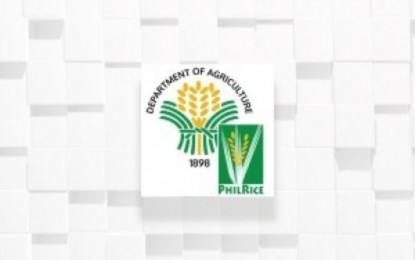
LIPA CITY, Batangas – The Department of Agriculture (DA) on Friday urged rice farmers here and other provinces to implement the “Key Check 6” system on proper water management to avoid under- or over-irrigating their crops, which negatively affects productivity.
The appeal came on the heels of a recent surge in food inflation, caused mainly by lower yield in certain staple crops that are constantly in high demand.
In an interview, Gabrel Flancia, Science Research Specialist II of DA-Philippine Rice Research Institute-Los Baños, said water management is one of the areas that must be taught more vigorously to farmers.
“The rice-check system is a class of techniques that we teach to our farmers where it will help to properly plant rice, increase our yield and increase income,” Flancia said.
He stressed the importance of water in rice production “because it dissolves plant nutrients, transports food, a medium for photosynthesis and soil nutrients. It also improves nutrient uptake and correct some nutrient imbalances.”
However, he said common farmers' practices do not use water economically.
If there is too much water, it will still have negative effects such as low yield, higher irrigation cost, nutrient imbalance, low fertilizer efficiency and high greenhouse gas emission, he said.
“The longer your irrigation time, the greater the losses. We have farmers, especially those close to the main canal, who put barricades in the canal,” said Flancia.
Using outdated farming practices, about 4,000 liters of water is needed to produce 1 kilo of rice, he said.
However, if a field is well-managed, only about 2,600 liters of water is needed with 15-35 percent water savings, he added.
It was noted that the DA has made available online proper rice irrigation practices under the Key Check 6 system.
The DA had earlier said that the combination of local production and importation assured that Filipino consumers would have sufficient rice until the end of June.
However, the Federation of Free Farmers said that July, August and September are historically lean months for rice production due to weather conditions. (PNA)
